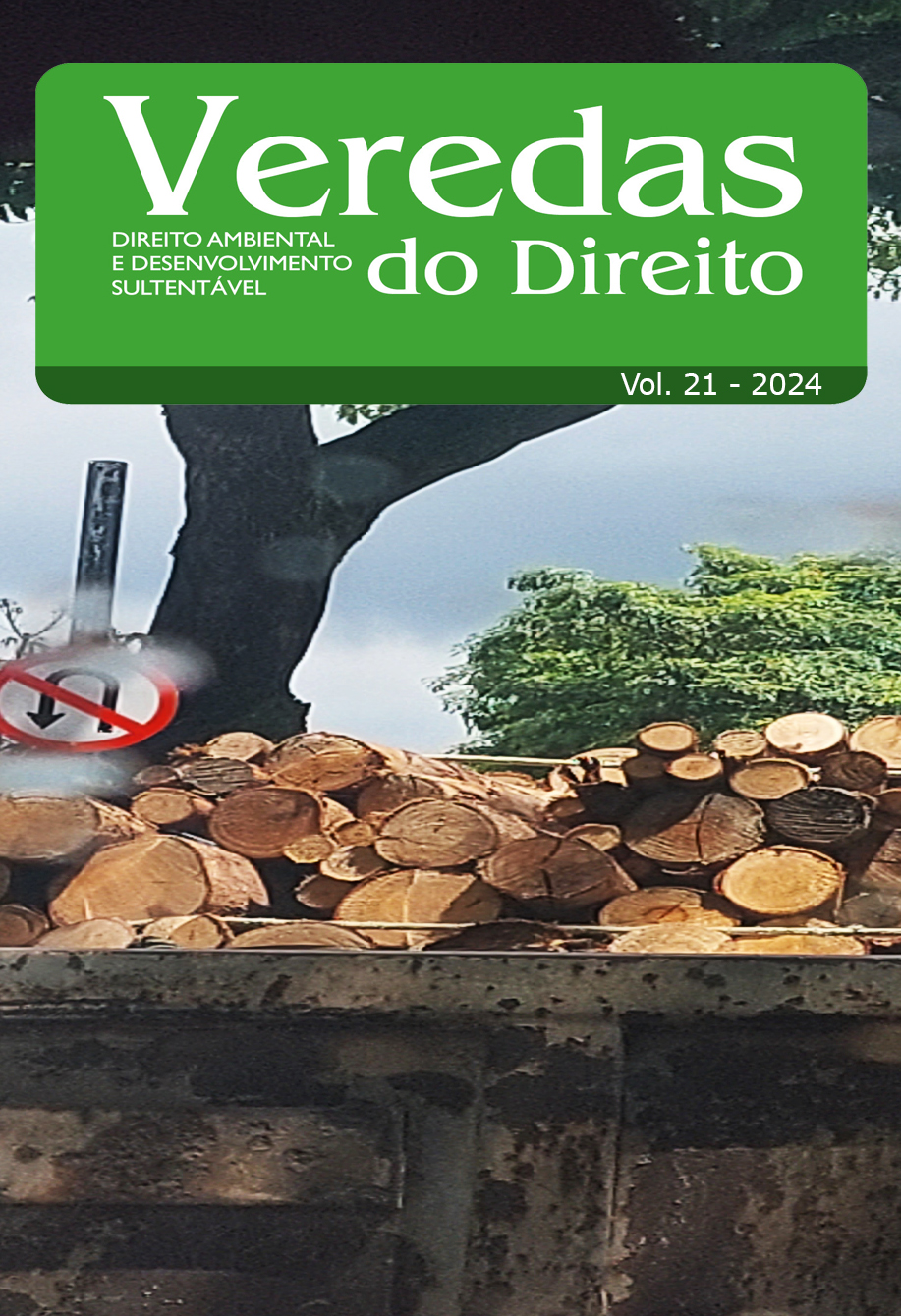ZERO WASTE FOR CIRCULAR ECONOMY: THE IMPORTANCE OF MUNICIPALITIES AND THEIR PUBLIC POLICIES FOR CIRCULAR ECONOMY
Main Article Content
Abstract
The continuous increase in waste production in Brazilian society due to urbanization, new technologies and industrialization has led to pressure on natural resources, thus requiring the need to think of new ways of saving nature and polluting fewer areas by building spaces to dispose of this waste. In this way, the circular economy emerges as a way to resolve this situation. This study seeks to understand whether there is the possibility of establishing a circular economy in Brazil by analyzing the national solid waste policy and the roles of federated entities in its implementation, especially at the municipal level, the closest to society. This is a qualitative, descriptive research, with a deductive method, and bibliographic technique was used as a methodology. The theoretical framework is Valdemir Pires’ theory on municipalism, which defends the increase of the role of the municipality in the exercise of public policies as being more efficient for economic development and the environment. In the end, it is concluded that it is necessary not only to give powers to municipalities, but mainly to offer funds so that they can implement and encourage other actors to achieve the circular economy.
Article Details
I (we) submit this article which is original and unpublished, of my (our) own authorship, to the evaluation of the Veredas do Direito Journal, and agree that the related copyrights will become exclusive property of the Journal, being prohibited any partial or total copy in any other part or other printed or online communication vehicle dissociated from the Veredas do Direito Journal, without the necessary and prior authorization that should be requested in writing to Editor in Chief. I (we) also declare that there is no conflict of interest between the articles theme, the author (s) and enterprises, institutions or individuals.
I (we) recognize that the Veredas do Direito Journal is licensed under a CREATIVE COMMONS LICENSE.
Licença Creative Commons Attribution 3.0



































